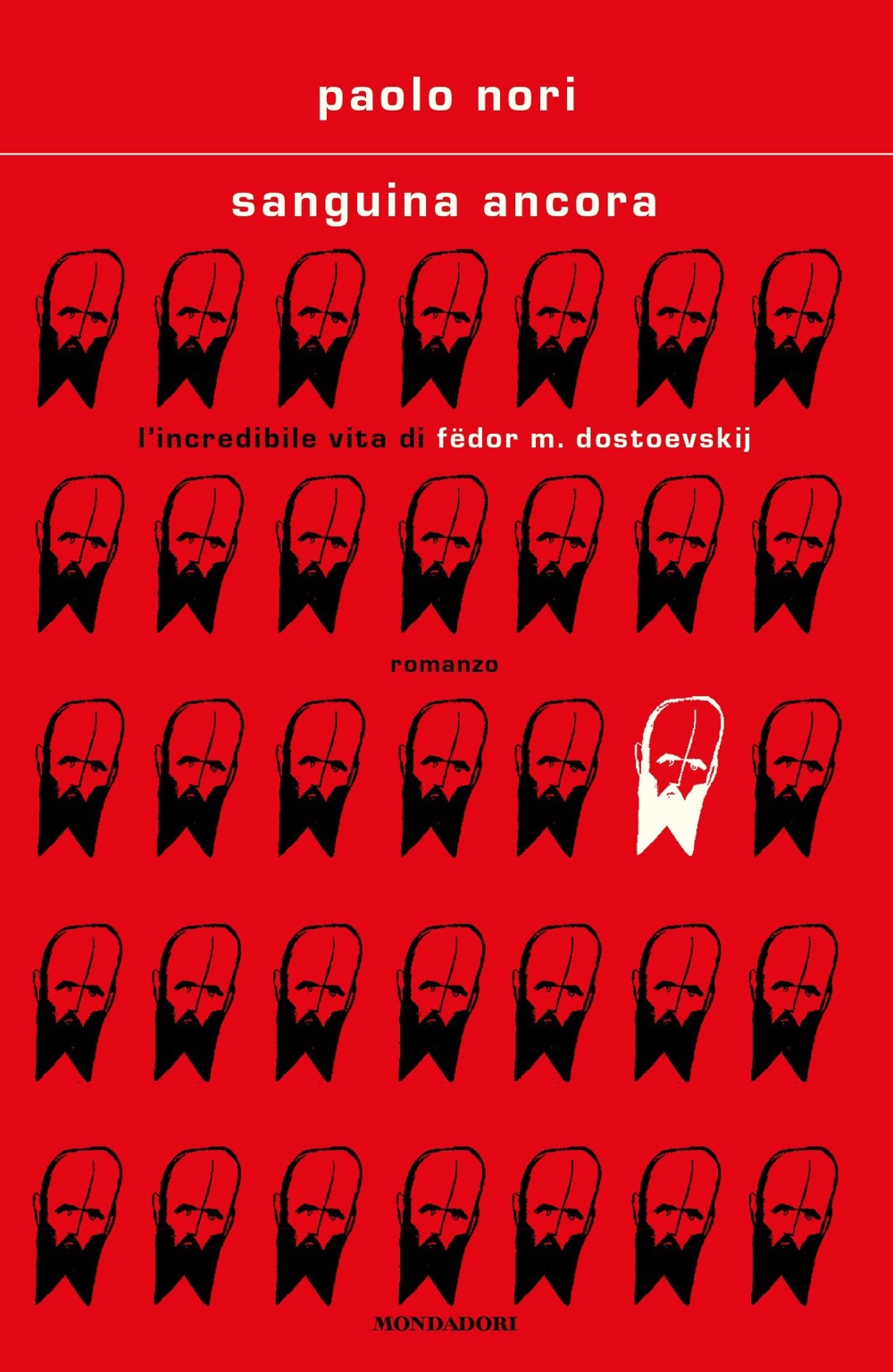
Sanguina Ancora (Still Bleeding) is not a biography but a passionate and informative tribute to Dostoevsky. The nonlinear, not literary style works and the continuous back and forth between Dostoevsky’s epic and the author’s own experiences as a scholar and Russian literature enthusiast is probably a good idea as it helps stress the actualness of Dostoevsky’s opus.
However, the continuous jumping in and out of the Russian’s life, though sympathetic at first, gets tedious over time. While immersed in Dostoevsky’s events, it is not always pleasant to be torn away only to end up in the Parma lowlands for a few entertaining anecdotes (that these anecdotes tend to gravitate around the author’s other works adds to the discomfort.)
That aside, the book contains precious information on Dostoevsky’s life, opus, Russian literature and society of the nineteenth century. Some random facts from my reading notes:
- Dostoevsky’s incredible tenacity in the face of early setbacks. The first translation he worked on was aborted near the end, having discovered that the novel had already been translated into Russian from French. The second was published in a Russian magazine but heavily cut and, worse, without attribution. Yet during all this time, he continued unceasingly, tirelessly, fervently, day and night work what would become his first novel, Poor Folk (an immediate hit.)
- Writers in late 19th century Russia were astonishingly important. Tolstoy had founded a kind of religious cult. Young people would gather in the evenings to read Gogol. In those times, in Russia, writers were real stars.
- Russian literature began with Pushkin. Before him, in the eighteenth century, Russians who wrote did so by imitating the French and knew French better than Russian, as did all the Russian nobles and educated people of the time.
- Bulgakov, in The Master and the Margarita1, has one of his characters say that Dostoevsky is immortal.
- As great as the country is, there are no dialects in Russia. Also, Russian is a spoken language first, and only then a written language (the Russian alphabet has existed only since the 9th century, with Cyril and Methodius.)
- Russians elected a monument to Arina, Pushkin’s nanny who told him fairy tales and made him love the language. She was illiterate.
- Dostoevsky is arrested and sentenced to death for reading a letter aloud and in public. With his comrades in his revolutionary circle, he undergoes a false execution, an experience he will later give to the protagonist of The Idiot. The five minutes the protagonist waits for the shooting is a transcendental experience.
- Lieutenant Frank Columbo, the protagonist of the famous TV show from seventies, is inspired by Porfirij Petrovic, the detective from Crime and Punishment.
I’ve got a lot of notes from this book, which is a good sign. Vasily Rizanov’s memorable quote on Dostoesky’s writing, also reported in the book, is worth mentioning:
The miracle of Dostoevsky’s writing lies in eliminating the distance between the subject (the reader) and the object (the author), by virtue of which he turns out to be the most familiar of all contemporary writers and, perhaps, even of future writers, of all possible writers.
One of my all-time favorites. [rss]: https://nicolaiarocci.com/index.xml [m]: https://fosstodon.org/@nicola [nl]: https://buttondown.email/nicolaiarocci ↩︎